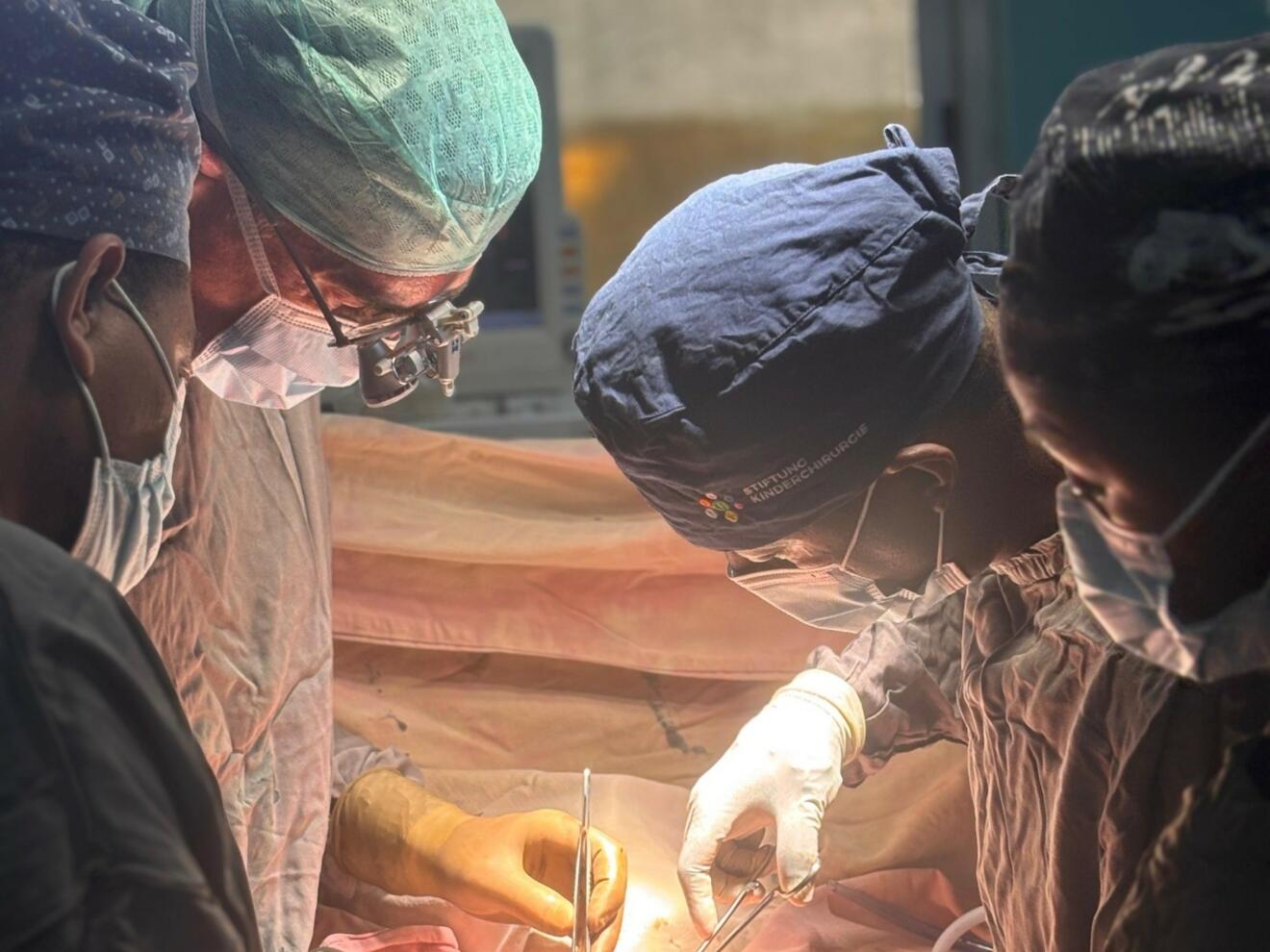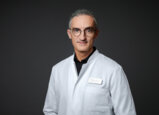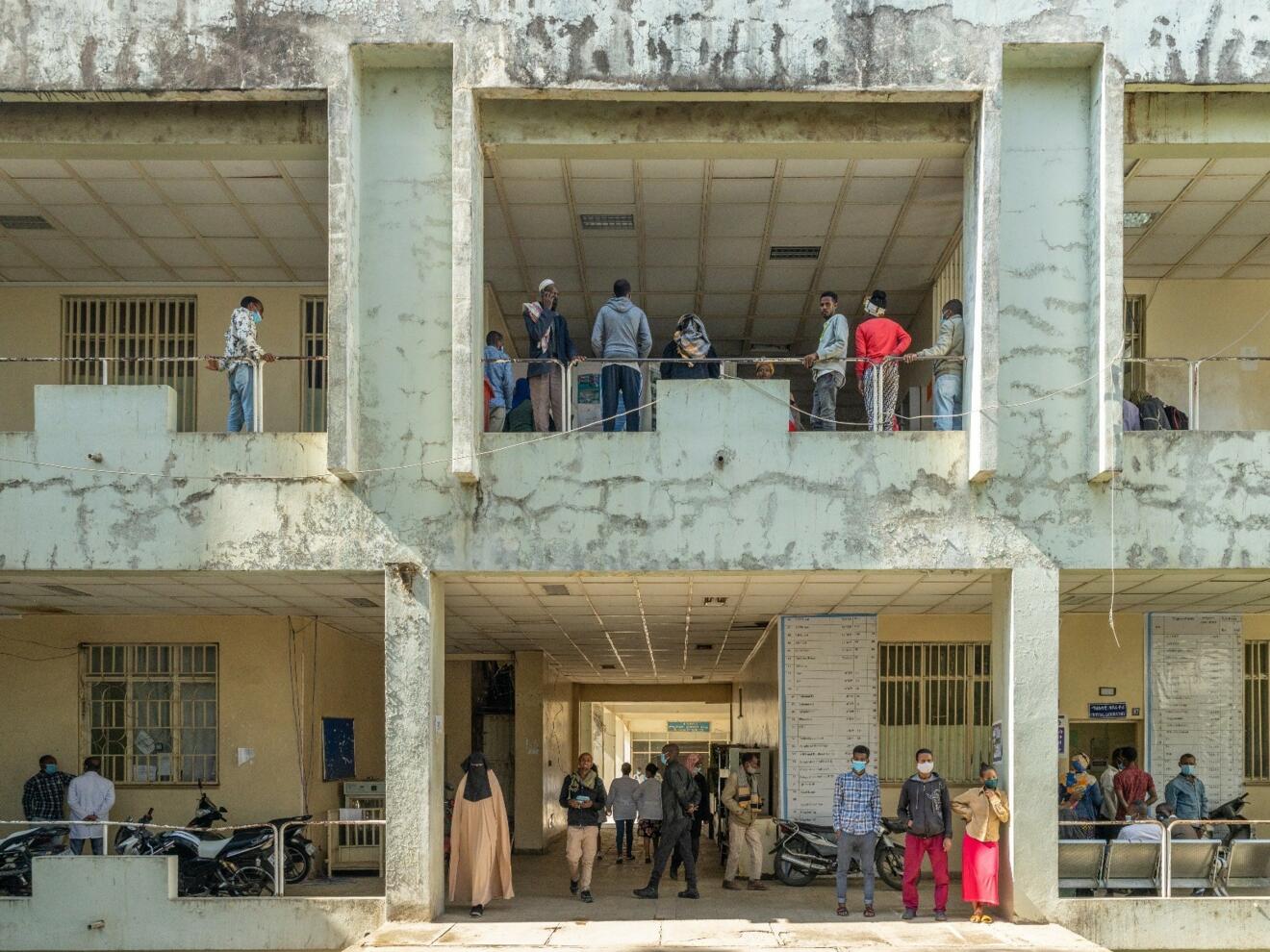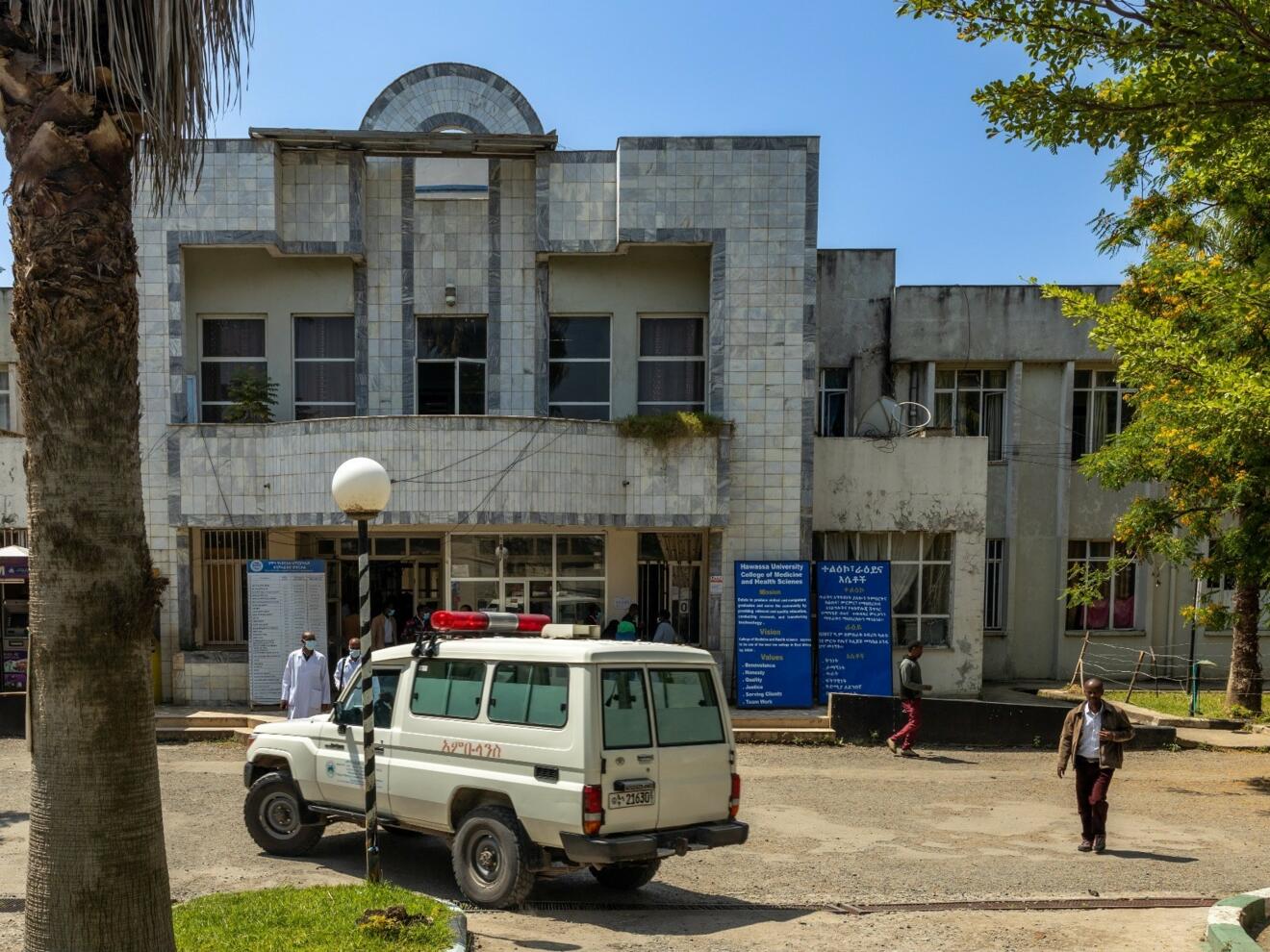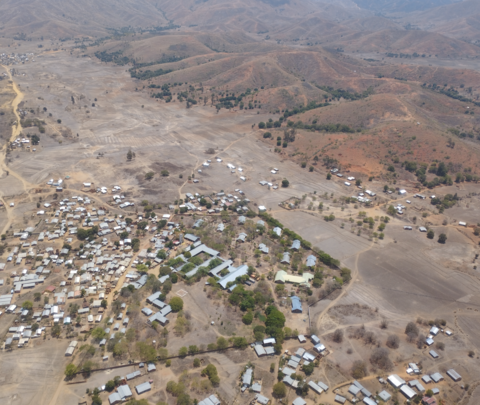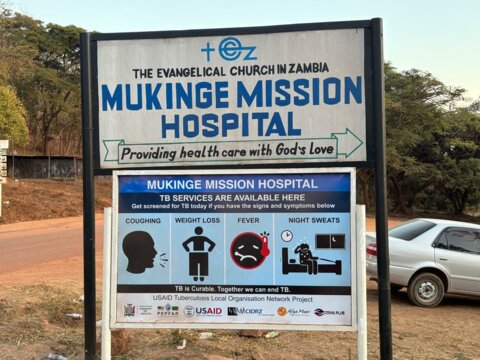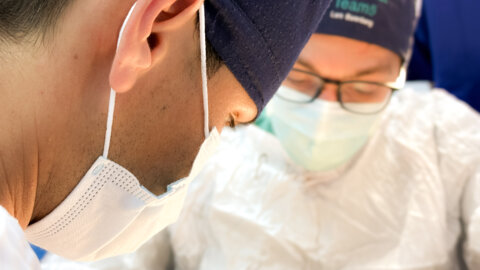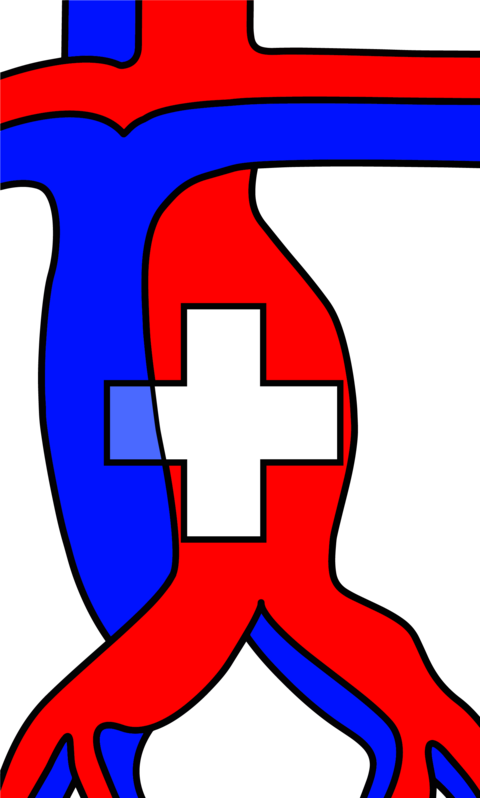Why It Matters
Ethiopia, a country of more than 123 million people, is one of the youngest nations in the world, with nearly 40% of the population under the age of 15. Yet fewer than 25 pediatric surgeons serve the entire country. At the Hawassa University Comprehensive Specialized Hospital (HUCSH), a referral center for around 20 million people, pediatric surgery depends on a single dedicated surgeon supported by rotating general surgery residents. The reality is sobering: many children with congenital malformations never receive the operations that could save or fundamentally change their lives.
Driven by the conviction that preventable loss of young lives must be turned into stories of survival, the Pediatric Surgery Foundation (Stiftung Kinderchirurgie) launched the HawassaChild program in 2018. The goal is simple but vital: to sustainably improve access to life-saving pediatric surgical care in southern Ethiopia, with a focus on congenital gastrointestinal malformations that still cause high and avoidable mortality.
Expanding Capacity in Hawassa
Since the beginning of the collaboration, pediatric surgery in Hawassa has grown from modest beginnings into a structured and steadily developing service. Today, around 400 operations are performed each year. The pediatric ward provides 14 beds, while the neonatal unit, officially designed for six, often has to accommodate more than one infant per bed.
Thanks to generous charitable donations, two modern operating theaters and six neonatal intensive care beds are currently being shipped to Hawassa. Once installed they will mark a turning point for the hospital, significantly strengthening its ability to deliver specialized surgical and intensive care for the youngest and most vulnerable patients.
Training the Next Generation
Infrastructure alone is not enough without trained professionals. Until recently, pediatric surgical training in Ethiopia was only possible after completing full training in general surgery. With support from the Foundation, a dedicated pediatric surgery curriculum has been introduced, paving the way for the first generation of young surgeons trained directly in this field. The high number of complex cases at HUCSH, including anorectal malformations, Hirschsprung’s disease, and esophageal atresia, has provided local surgeons with a unique opportunity to develop advanced expertise, even under resource-limited conditions.
Day-to-Day Challenges
In Hawassa, pediatric surgery faces the harsh reality of a global health crisis. Children with complex conditions such as anorectal malformations, Hirschsprung’s disease, intestinal atresia, and abdominal wall defects often arrive in critical condition after long delays - however in high-income countries their survival chances would be excellent. Despite this, the team’s dedication repeatedly turns despair into hope. Yet daily care is threatened by shortages of surgical materials, essential medications, and even running water. With only one pediatric surgeon bearing most of the responsibility, the system is stretched to its limits. The lack of outcome data hampers progress, while cultural and religious factors demand special sensitivity and trust in every patient encounter.
Training and Sustainability
Lasting progress in Hawassa depends above all on people. Through a training-of-trainers approach, junior surgeons and residents are empowered to gradually take over patient care, teaching, and data collection. This ensures local ownership, builds long-term capacity, and secures continuity beyond visiting teams. Alongside this, a new research initiative will prospectively monitor neonates with congenital gastrointestinal malformations. By documenting survival, complications, and referral pathways, the study will provide the evidence base needed to further reduce mortality and lay the groundwork for a national registry on congenital malformations.
Looking Ahead
The HawassaChild program shows what can be achieved when medical expertise, charitable support, and local commitment come together. Every operation performed in Hawassa represents not only a life saved, but also hope for a family and progress for a health system in urgent need of strengthening. The planned research initiative marks a crucial next step in building an evidence-based framework for pediatric surgical care in Ethiopia. To sustain and expand these gains, continued support and international cooperation will remain indispensable.
Pediatric Surgery Foundation - Stiftung Kinderchirurgie
The Pediatric Surgery Foundation - Stiftung Kinderchirurgie founded in 2017 in Leipzig by Prof. Dr. Martin Lacher, Director of the Department of Pediatric Surgery at Leipzig University Hospital, is a non-profit organization enabling life-saving operations for children with complex congenital malformations in low-resource countries. Its volunteer teams provide specialized surgical care while training local professionals through a sustainable “training-of-trainers” model. 100% of donations go directly to patient care and project work.
Dr. Viktoria Pfeifle, attending pediatric surgeon at Inselspital Bern, joined the Pediatric Surgery Foundation in 2023 and has been directing a GIZ‑funded project within the Foundation’s HawassaChild program since 2025 to strengthen pediatric surgical care in Ethiopia.
PD Dr. med. habil. Peter Zimmermann is Head of the Department of Pediatric Surgery and Congenital Malformations at Helios Dr. Horst Schmidt Kliniken Wiesbaden. He has been involved with the Pediatric Surgery Foundation since 2017 and has been directing the HawassaChild program since 2018. As a member of the GIZ Champions network, he contributes to one of the most recognized hospital partnership projects, dedicated to advancing pediatric surgical care through clinical expertise and academic collaboration.
Kontakt Stiftung Kinderchirurgie
Stiftung Kinderchirurgie
Sparkasse Leipzig
IBAN: DE20 8605 5592 1090 1518 09
Web: www.stiftung-kinderchirurgie.de
E-Mail: info@stiftung-kinderchirurgie.de

